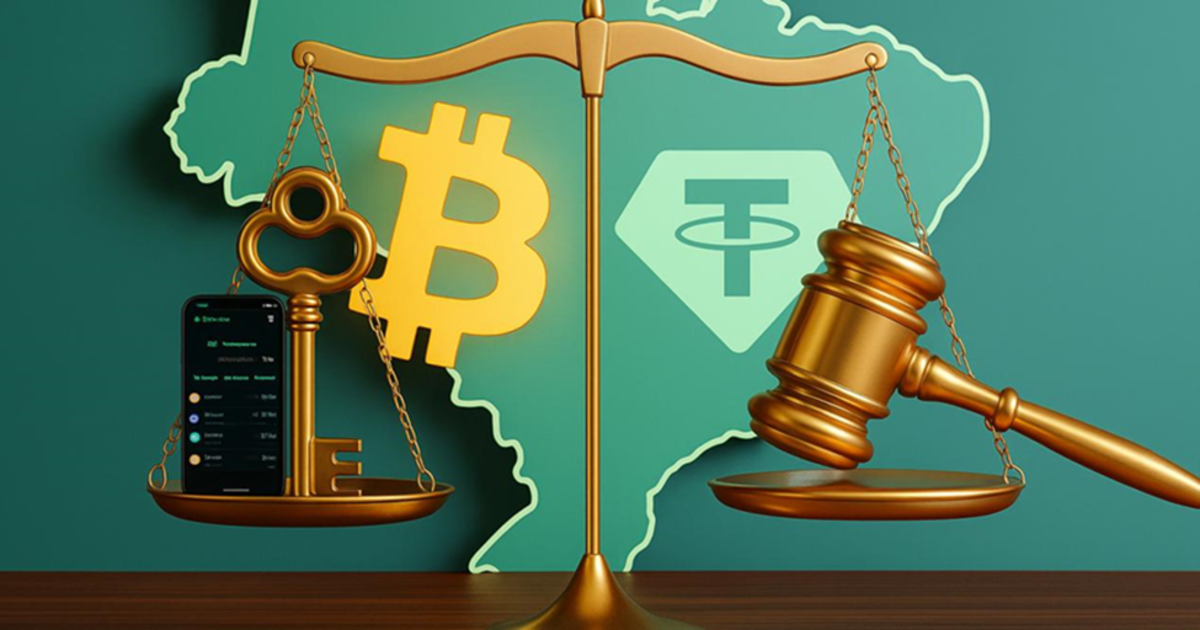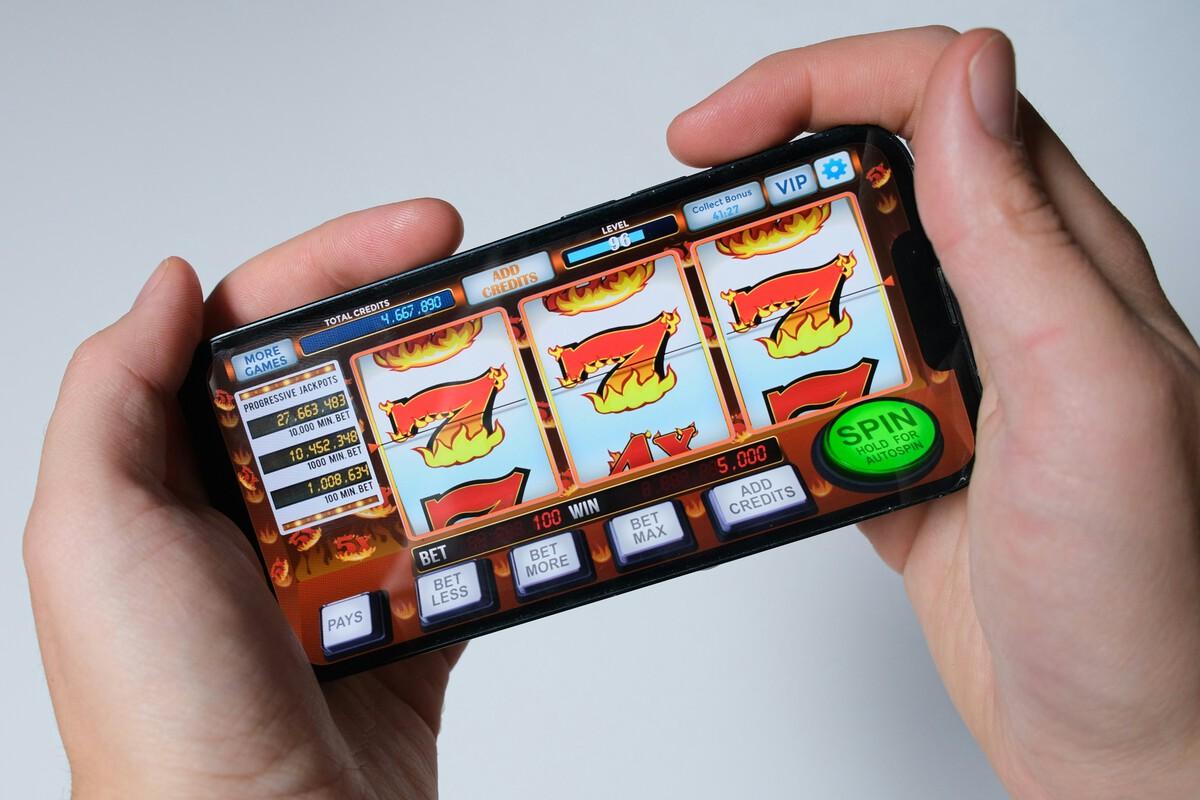A Cautionary Tale: Online Gambler Sold Possessions and Lost Full Salary in Pursuit of Wins

Oct. 10 2024, Published 3:00 a.m. ET
The rates of online gambling harm have surged in recent years, leaving many individuals in financial turmoil. In fact, the amount of people seeking treatment has doubled in just two years rising from 1,151 to 2,299, as reported by the National Gambling Board (NGB). Despite available resources and warnings, many still believe they’re immune to problem gambling.
However, believing you’re in control doesn’t necessarily mean you are—a lesson Heleen* learned the hard way. Who would have thought that encountering a seemingly harmless ad for Betway’s Aviator game would open the floodgates to a life-consuming gambling addiction, altering her life forever?
Cautionary Tale
At first, 36-year-old Heleen, a native of Parklands in the Western Cape, sought out Betfair’s Aviator game purely for entertainment, feeling secure in her financial position. However, once the thrill of winning took hold, she began pouring more money into the game, falling into the trap of chasing losses in an attempt to recover what she had spent.
Things took a turn for the worse when Heleen started selling personal items, including jewellery, pots, and even her hairdryer, to support her gambling habit. Within a few months, she was gambling away her entire salary, once losing over R100,000 in a single month. Tragedy struck when Heleen lost her car in February and faced eviction due to missed rent payments, leaving her homeless and forced to confront the devastating consequences of her actions.
Ongoing Problem
Online gambling can lead to devastating consequences, as evident in this cautionary tale. Being forced to sell one’s possessions and lose an entire salary in pursuit of elusive wins are typical signs of compulsive behaviour.
Unfortunately, many players are falling into similar traps, and are being drawn by the allure of instant rewards, where earnings are spent on South African casinos which are easily accessible through NoDepositWorld.org. Consequently, the promises of easy money can inevitably lead to financial ruin and emotional distress.
Moreover, the popularity of the gambling industry has continued to rise since the Covid-19 pandemic pushed gamblers online. In 2019/20, physical casinos represented the majority of gross gambling revenue (GGR) at 56%. However, this share has since dropped to 36%, while online betting’s share has dramatically increased from 26% to 50%.
In 2022, GGR soared to R47.2 billion, up from R34.4 billion the previous year. This surge was largely driven by online betting, which alone contributed an additional R8 billion, reaching over R23 billion.
Highlighting The Issue
Recently, the impact of gambling addiction has been vividly portrayed in South African households through the soap opera Suidooster by kykNet. In the show, Jill Levenberg’s beloved character Mymoena Samsodien becomes entangled in a casino hidden behind a local laundromat, leading to the loss of her possessions and shocking her friends and family. Colin Howard, the creative producer of Suidooster, explains that the storyline was chosen to shed light on the destructive nature of gambling addiction.
When crafting storylines, the objective is to create engaging and pertinent narratives that resonate with viewers. Gambling addiction, especially with the rise of clandestine casinos, has been a significant focus. This narrative choice reflects the evolution of gambling temptations, highlighting how physical casinos are no longer the only challenge; the surge in online gambling has made it increasingly accessible and addictive.
Political Push

In South Africa, the gambling industry has become deeply embedded in both politics and sports, complicating efforts to address problem gambling. Despite this, the number of individuals requesting self-exclusion from gambling platforms has nearly quadrupled over the past four years, rising from 231 in 2019 to 790 in the most recent figures.
Martin Moshal of Betway, a major figure in the sector, has made significant political donations totaling over R72 million since 2021. This includes substantial amounts to various political parties, such as R43 million to the DA and R29.5 million to ActionSA.
The industry's influence also extends into sports sponsorship. Recently, Betway signed a three-year deal worth R900 million to become the title sponsor of the Premier Soccer League (PSL), marking a historic investment in South African sports. Despite a previous stance against gambling sponsorships, the PSL has embraced this new partnership, reflecting the growing presence and influence of gambling money in both politics and sports. This entanglement of gambling funds continues to pose challenges in addressing gambling-related harm effectively.
The information provided in this article is for general informational purposes only. Gamble or play responsibly. If you or someone you know has a gambling problem, help is available. Call 1-800-GAMBLER. If you’re in the U.K. and need help with a gambling problem, call the National Gambling Helpline on 0808 8020 133 or go to gamstop.co.uk to be excluded from all UK-regulated gambling websites. We disclaim any liability for any loss or damage arising directly or indirectly from the use of, or reliance on, the information presented.


